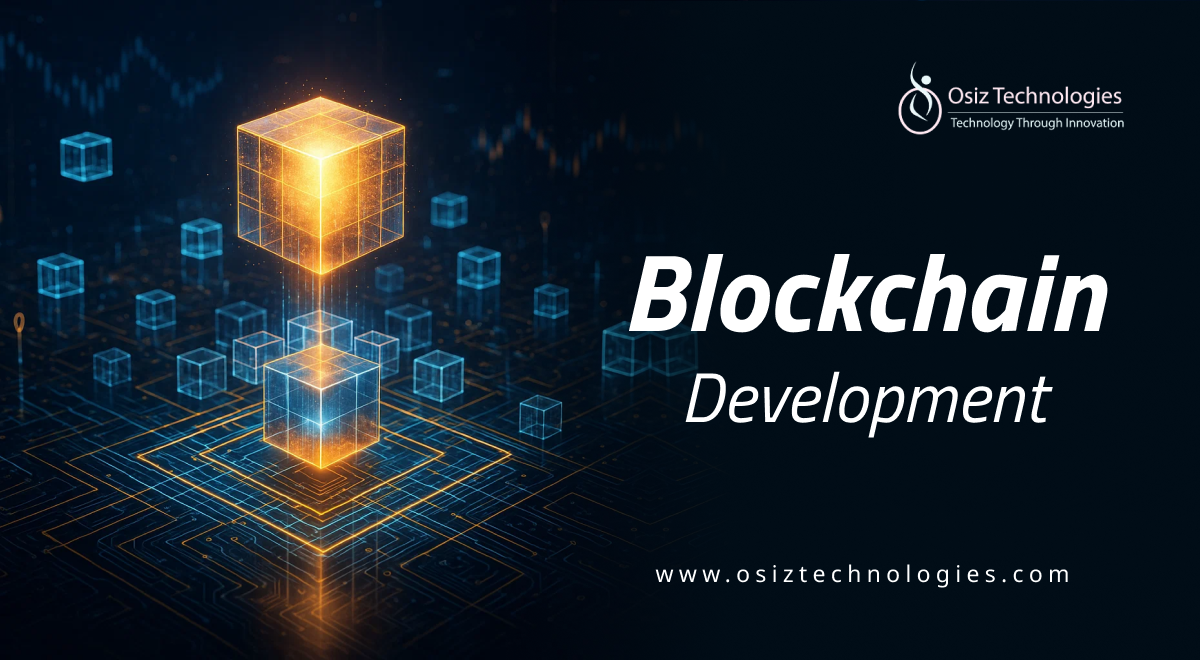As we approach 2025, the landscape of technology continues to evolve, with blockchain technology at the forefront of this transformation. Industries worldwide are rapidly adopting blockchain to enhance efficiency, transparency, and security. From financial services to healthcare, the versatility of blockchain is reshaping how businesses operate. In this article, we will explore the industries experiencing the fastest blockchain adoption, the reasons behind this trend, and what it means for the future.
1. Financial Services: A Revolution in Banking
The financial services sector is leading the charge in blockchain adoption. With the rise of central bank digital currencies (CBDCs), banks are exploring blockchain solutions to streamline transactions and enhance security. According to a report by Acropolium, the financial sector is projected to witness significant growth, with 81% of top public companies integrating blockchain technology by 2025. This shift not only improves transaction speed but also reduces operational costs.
2. Transforming the Banking Sector
Blockchain in the banking sector is not just about digital currencies; it's about redefining the entire banking experience. Banks are utilizing blockchain for smart contracts, which automate and secure transactions, reducing the need for intermediaries. This innovation increases trust and transparency while minimizing fraud. For instance, banks can use blockchain to create a secure ledger of transactions that is immutable and easily accessible.
3. Supply Chain Blockchain Solutions
Supply chain management is another area where blockchain is making significant strides. By providing an immutable record of transactions, blockchain enhances traceability and accountability. Companies are adopting blockchain for logistics and product traceability, ensuring that every step of the supply chain is transparent. This not only improves efficiency but also helps in combating fraud and counterfeiting.
4. Healthcare Blockchain Startups
The healthcare industry is witnessing a surge in blockchain startups focused on improving patient data management. Blockchain technology offers a secure way to store and share medical records, ensuring patient privacy while allowing authorized personnel to access critical information. This innovation can significantly reduce administrative costs and improve patient care by providing real-time access to medical histories.
5. Blockchain for Logistics and Product Traceability
Logistics companies are increasingly adopting blockchain to enhance visibility throughout the supply chain. By utilizing blockchain, businesses can track products from origin to destination, ensuring authenticity and reducing the risk of fraud. This technology not only streamlines operations but also builds consumer trust by providing verifiable product histories.
6. Real Estate Transactions Revolutionized
Blockchain is transforming real estate transactions by simplifying processes and reducing costs. By utilizing smart contracts, buyers and sellers can execute transactions without the need for intermediaries, making the process faster and more efficient. Blockchain also provides a transparent record of ownership, reducing the risk of fraud and disputes.
7. Energy Industry Blockchain Platforms
The energy sector is exploring blockchain for peer-to-peer energy trading, allowing consumers to buy and sell energy directly. This decentralized approach empowers consumers and promotes renewable energy sources. Blockchain technology can facilitate real-time tracking of energy usage and transactions, enhancing efficiency and transparency in the energy market.
8. Blockchain in Media & Entertainment
In the media and entertainment industry, blockchain is being utilized for copyright protection and distribution. By providing a transparent ledger of ownership, artists can ensure they receive fair compensation for their work. This technology can also streamline the distribution process, allowing creators to connect directly with consumers.
9. Retail Fraud Prevention
Retailers are increasingly adopting blockchain for fraud prevention. By creating a secure and transparent record of transactions, businesses can quickly identify and address fraudulent activities. This not only protects consumers but also enhances brand reputation. Blockchain technology can also improve inventory management, reducing losses due to theft or mismanagement.
10. Education Records on Blockchain
Blockchain is being explored as a solution for managing educational records. By securely storing academic credentials on a blockchain, institutions can streamline the verification process, making it easier for students to showcase their achievements. This innovation enhances trust in educational qualifications and reduces the risk of fraud.
Conclusion: Embracing the Future of Blockchain
As we move towards 2025, the rapid adoption of blockchain across various industries is undeniable. From financial services to healthcare, the benefits of blockchain technology are becoming increasingly clear. Organizations that embrace this technology will likely gain a competitive edge, enhancing their operations and building trust with consumers. To stay ahead in this evolving landscape, businesses must explore how blockchain can transform their operations. Osiz Technologies, a leading Blockchain Development Company, empowers enterprises to harness the full potential of blockchain through innovative and customized solutions.
Listen To The Article












